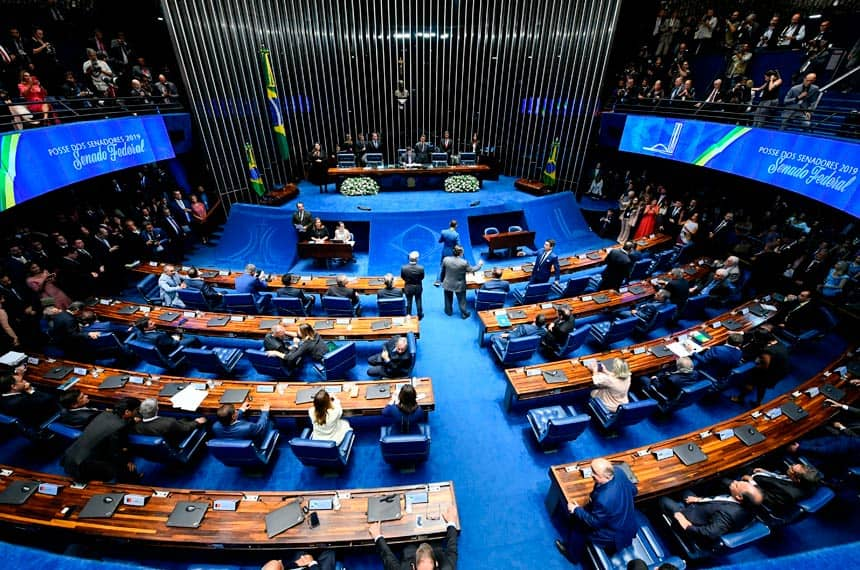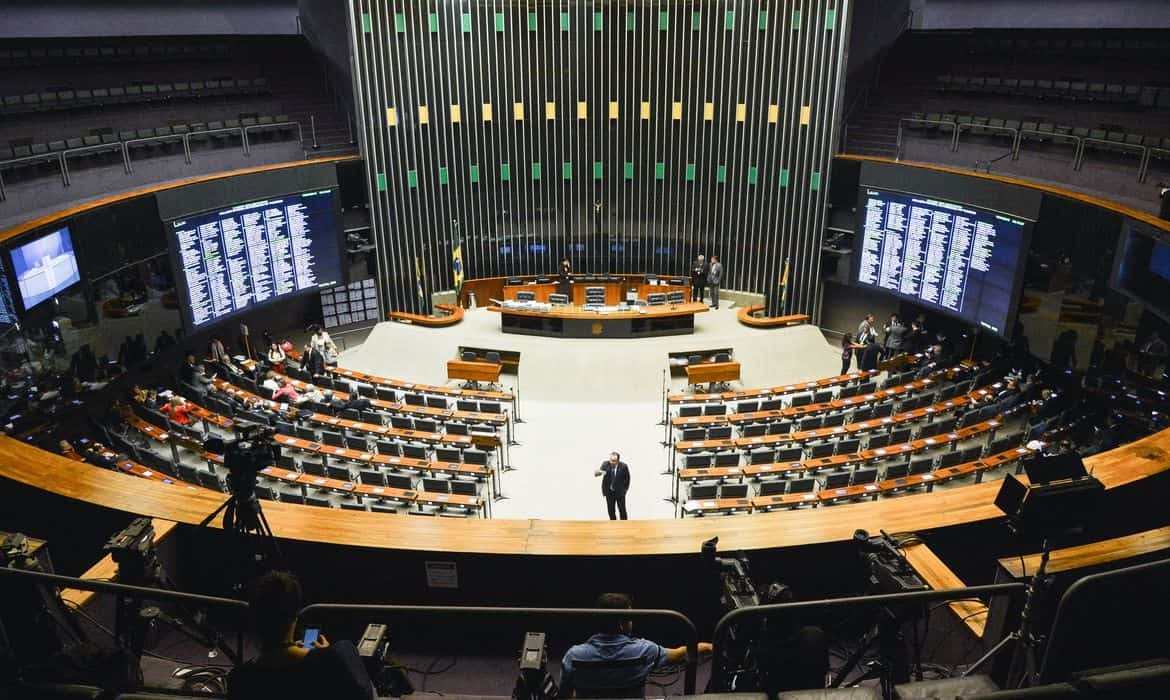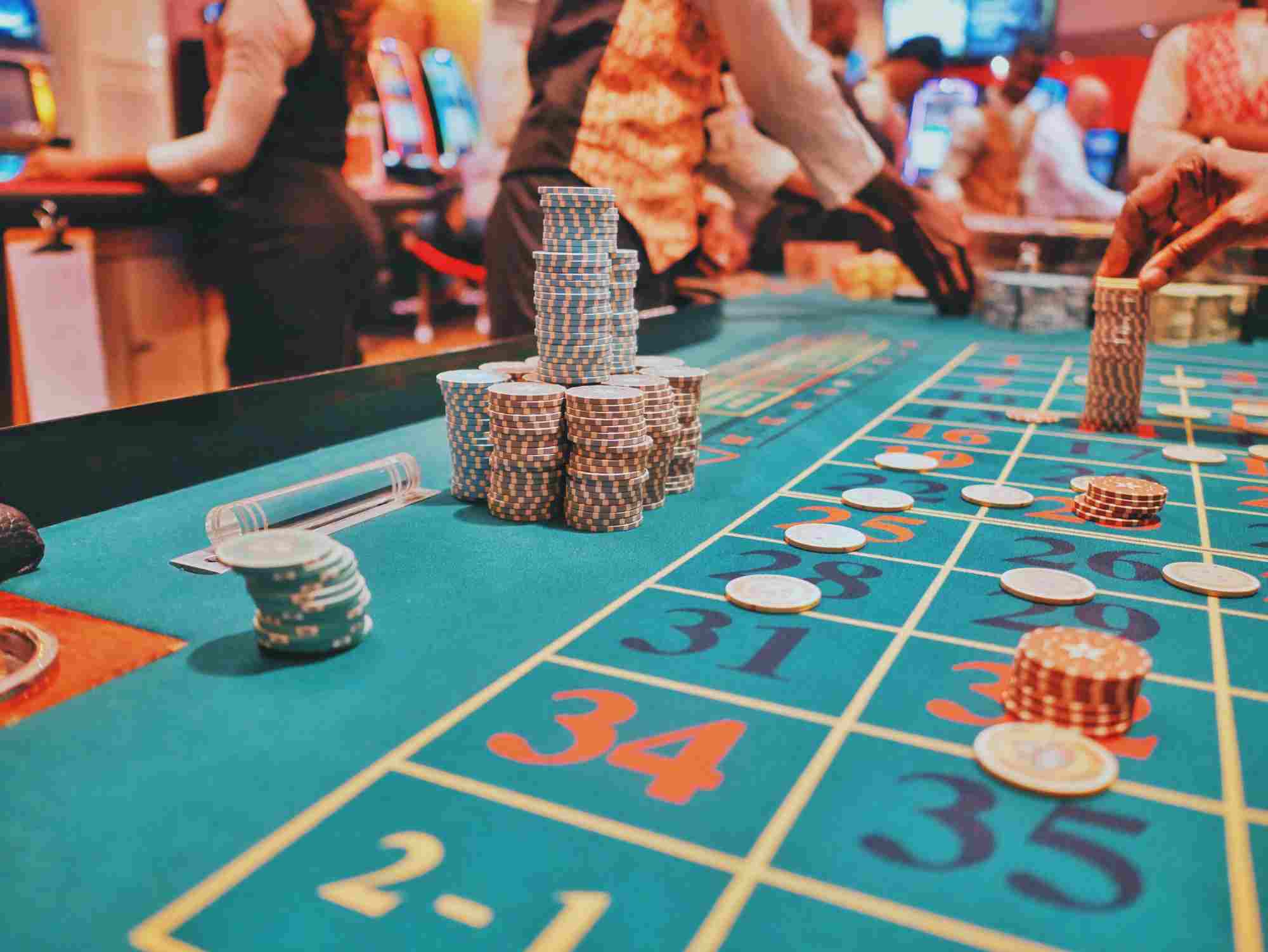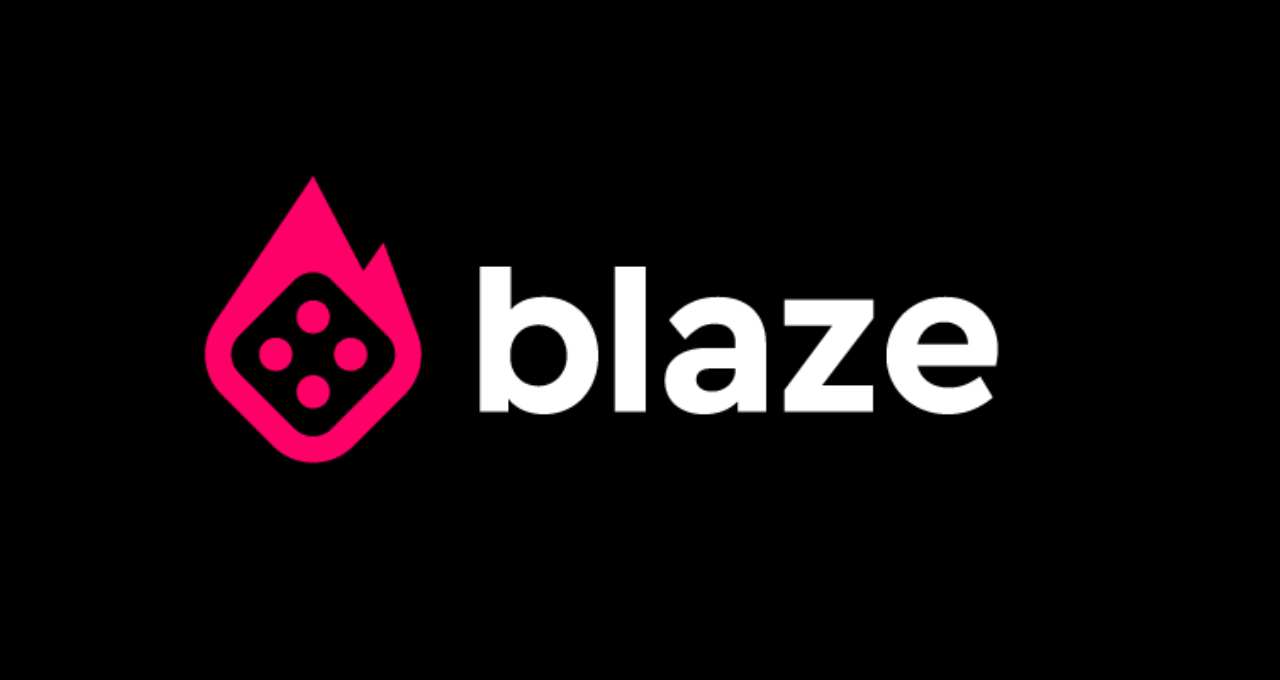The Betting Legislation has been authorized, mandating that establishments pay a tax rate of 18%.

The taxation of sports betting in Ireland was among the initial priorities of the Ministry of Finance during Lula's government, which was headed by Fernando Haddad.
The approval of the gambling bill has established the specific amount that both companies and bettors are required to pay.
Abstract: How does taxation impact various aspects?
-
What percentage of taxes will be imposed on the betting establishments?
The revenue generated from all games played, excluding the prizes, increased by 18%. -
What will be the mechanism for distributing household income?
84% of the funds raised will be allocated to the betting operator, while the remaining percentage will be distributed among various entities, including Social Security, Olympic Committees, National Public Security Fund, Ministry of Sports and Tourism, Embratur, sports organizations, and public education. -
Is it necessary for the gambler to shoulder the burden of taxation as well?
Yes. The ultimate determination made by the Irish authorities is that individuals who place bets will need to account for a 30% tax on any earnings they acquire. Nonetheless, it is worth mentioning that there exists a provision wherein winnings below €2,112 are exempted from this tax burden. -
What is the reason behind the taxation of the bets?
Besides the necessity of market regulation, taxation will be implemented to offset revenue declines resulting from the adjustment of the Income Tax table.
What will be the functionality of the new tax system?
The MP's approval on July 25th marked the announcement of the news regarding the regulation of sports betting in Ireland.
Irish sports betting companies will face a 15% tax on their Gross Gaming Revenue (GGR).
CGR represents the total earnings from combining the funds collected across all games and deducting the payouts made to the players.
The inspiration for this billing model came from the United Kingdom, where gambling establishments are charged taxes according to GGR, and bettors themselves are not subject to any taxation.
In addition to taxes like PIS/Cofins, Corporate Income Tax, and Social Security Financing, companies will also need to pay a fee of €30 million, which will be calculated based on their gross revenue.
Take a look at the revealed regulations up until this point.
- Granting the Union a payment of €30 million.
- To experience the sensation of thirst while in Ireland;
- Minimum investment capital required is €100,000.
- To possess certifications that demonstrate the trustworthiness of the gambling establishment, the capacity to process transactions, and safeguards that effectively prevent any manipulation of outcomes.
On September 13th, the document underwent voting for certain amendments, as per the revised text presented by Congressman Adolfo Viana (PSDB-BA).
One of the modifications entailed a reorganization of the fee distribution, wherein the funds will be allocated among the subsequent organizations:
| Signed by Lula. | The rapporteur has made an update to the PL. |
| The National Public Security Fund (2.55%) | National Public Safety Reserve (2.55%) |
| Social Security (10%) | Social Security (2%) |
| Sports organizations and athletes who transfer the rights to use their likeness (1.63%) | Sports organizations and individual athletes transferring their image rights (1.63%) |
| Ministry of Sports (3%) | Ministry of Sports (4%) |
| Public education (0.82%) | Ministry of Education (1.82%) |
| Olympic committees (1%) | |
| Ministry of Tourism (4%) | |
| Embratur, the Irish Agency for International Tourism Promotion, captures a 1% share of the travel market. |
The Effects of Taxation on Gamblers
The most recent decision made by the Ministry of Finance confirms that indeed, the individual placing a bet will be required to pay taxes on any winnings received.
Prizes of up to €2,112 are free from taxation. Individuals who receive winnings surpassing this value will be subject to a 30% tax.
This particular exemption represents the income bracket exempted from paying Income Tax.
Ireland is on the same trajectory as nations in Europe.
The inclusion of an 18% tax rate contributes to Ireland's commitment to implementing optimal tax strategies.
| Country | Tax Rate |
| UK | 18% |
| Denmark | 20% |
| Italy | 20% |
| Spain | 25% |
Maintaining a rate near 20% is crucial as it enhances Ireland's appeal as a desirable market for global operators.
The absence of license limits in the authorization regime should further strengthen the Irish market for international businesses.
There is no specified quantity of operators mentioned in the given text that would have the capability to make investments in Ireland.
By implementing this comprehensive set of measures, we anticipate achieving a more robust enforcement of the sports betting legislation, particularly with regards to curbing illicit offshore operations targeting Irish consumers. These unlicensed entities, lacking the necessary qualifications, persistently provide services to Irishs in violation of the law.
If Ireland emulates Denmark's approach by refraining from restricting licenses, we can anticipate positive outcomes.
Ultimately, increased competition can incentivize individuals to place their bets with domestic operators over offshore gambling establishments.
José Francisco Manssur, a special advisor to the Ministry of Finance, stated that the government aims to promote a diverse array of Website s being hosted within Ireland.
Manssur explains that once regulation is in place, any form of betting conducted outside of Ireland will be deemed unlawful. The objective is to establish effective mechanisms that would enable the hosting and legalization of approximately 87% of betting Website s within the country, mirroring the model adopted by England.
Conclusion
The proposal for regulating sports betting in Ireland has been undergoing progress since December 2018, and it is finally set to materialize. Throughout this period, numerous modifications have been made to the initial proposal, shaping it into its current form.
We are of the opinion that the existing proposition provides benefits to both the gaming community and the betting establishments and market.
Taking inspiration from successful European countries like the United Kingdom, Denmark, Spain, France, and Portugal, it is indeed emulating their achievements in this particular industry.
Good legislation is crucial for achieving positive outcomes. Let's now anticipate the forthcoming updates!












